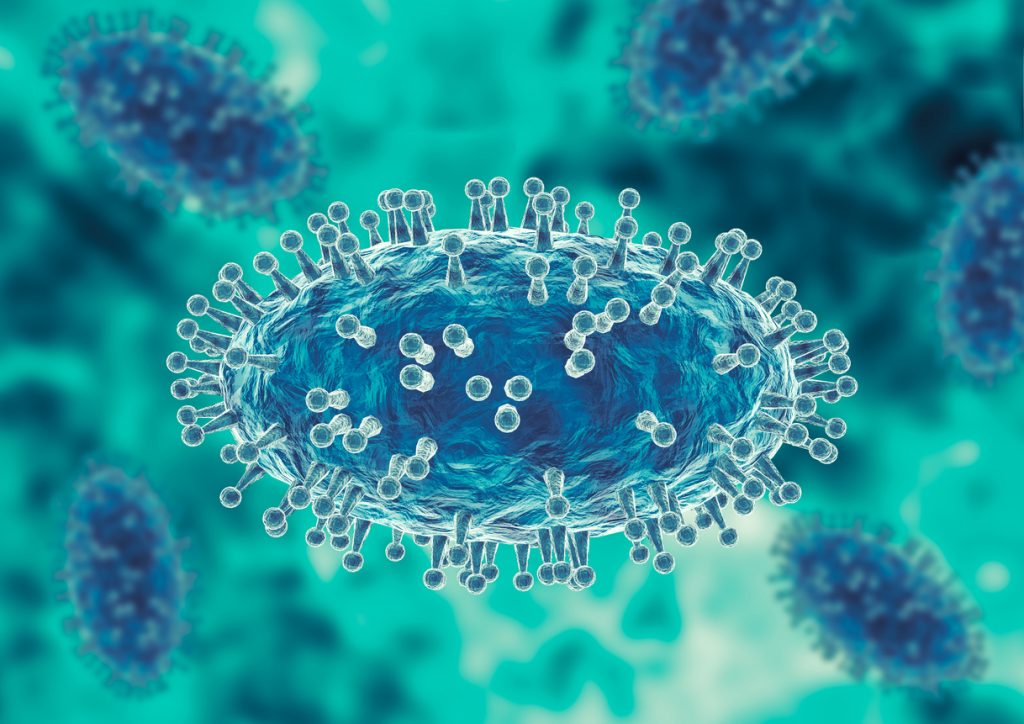What Australians need to know about monkeypox
Monkeypox has been declared a global emergency by the World Health Organisation, with over 16,000 cases reported in 75 countries around the world. The virus was detected in Australia for the first time in May 2022, with dozens of people being infected.
So what exactly is monkeypox? Let’s take a look at what Australians need to know about monkeypox.

What is monkeypox?
Monkeypox is a virus that can spread from animals to humans, or from humans to humans. As its name suggests, the virus was first detected in monkeys in 1958. The first case of monkeypox in humans was reported in 1970. Scientists are currently lobbying against the practice of naming viruses after regions and animals due to the stigma that can be attached, so it’s possible that monkeypox will soon be known by another name.
What are the symptoms of monkeypox?
Much like chickenpox, the monkeypox virus causes a rash with blisters that can fill with fluid or pus. Unlike chickenpox, the lesions are larger, and usually start around the head and neck. Sufferers may also have a headache, muscle aches, back pain, fever, low energy and swollen lymph nodes.
How sick can we get from monkeypox?
Monkeypox will usually resolve on its own within two to three weeks, but complications such as skin infections, pneumonia, confusion and eye problems can occur. Babies, children and people with compromised immune systems are most at risk of complications.
Who can catch monkeypox?
Monkeypox is spread by close contact, so anyone can catch the virus, although the United Nations reports that 99% of all reported cases are men, and 98% of those men are sexually active with other men.
The transmission contact can be face-to-face, skin-to-skin, mouth-to-mouth, or mouth-to-skin – this includes sexual contact. The virus can also be spread by respiratory droplets, or contact with clothing, bedding, towels or other objects. It can also be passed on during pregnancy to an unborn baby.
Research is still being done on how long monkeypox sufferers are contagious for, but current guidelines suggest isolating until lesions have crusted over, scabs have formed and fallen off, and a new layer of skin has formed underneath.
How serious is monkeypox in Australia?
Monkeypox is still considered rare in Australia. The federal government is working hard with the states to contain the monkeypox outbreak early, and a vaccine has recently been approved for use among health care workers and others at risk of exposure.
Monkeypox is a nationally notifiable disease in Australia, which means that you must report your illness if you contract it.
If you suspect you may have monkeypox, it’s important to seek medical help and isolate until you return a negative test result.
If you want to have a confidential consultation with one of our doctors to discuss anything, you can request a Telehealth Consultation seven days a week, 6am to midnight.
To speak with an InstantScripts Doctor:
Request a ConsultationIf you have run out of your script:
Request a ScriptSources:
https://www.who.int/news-room/questions-and-answers/item/monkeypox
https://www.cdc.gov/poxvirus/monkeypox/about.html
© InstantScripts
Level 8 / 637 Flinders St.,
Docklands VIC 3008

